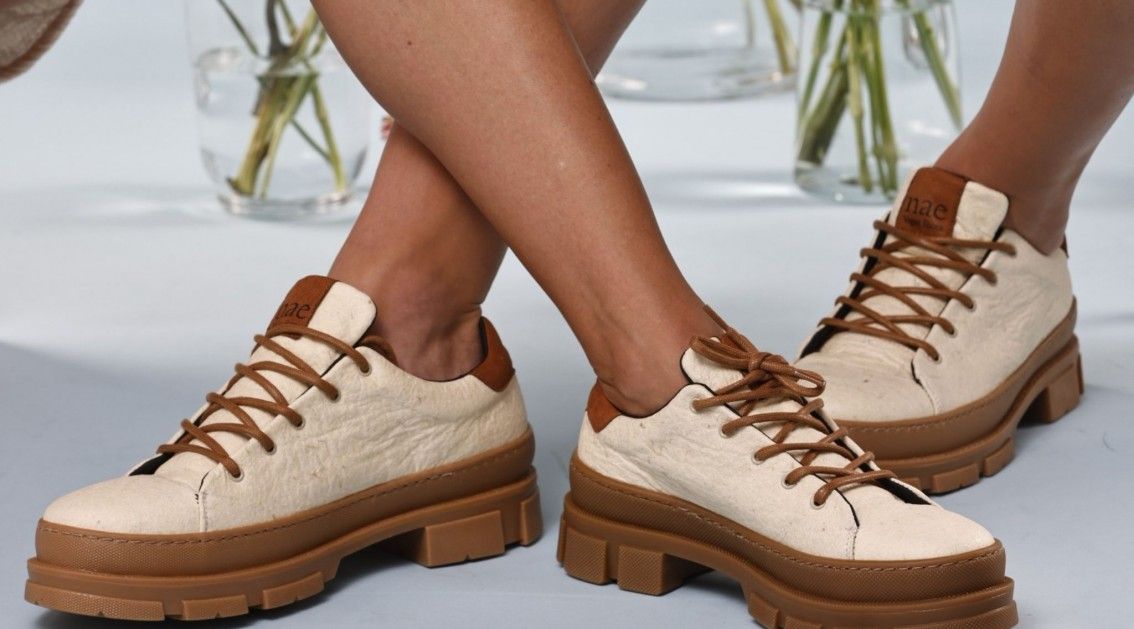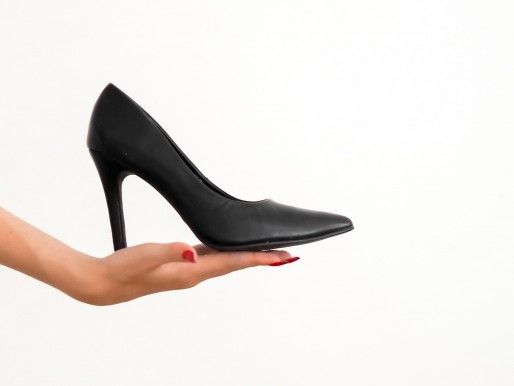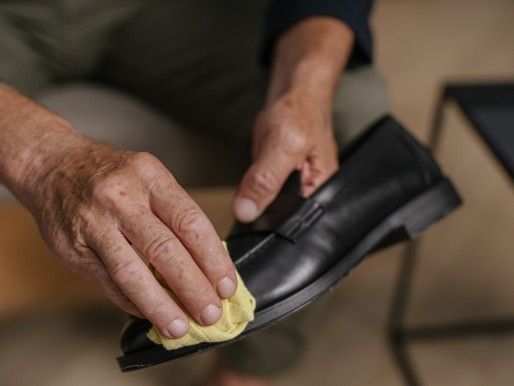With each passing day, more and more people awaken to the sustainability crisis facing our world, both within the context of fashion, and the broader world of products out there. But changing the dire straits that fast fashion have created in this industry is more than just empty words and wishful thinking. Consumers are now aware, and more active than ever at facing down the issues that challenge us. They are beginning to make informed decisions, and voting with their wallet for smarter choices, and it's more than just a passing fad.
How The Fashion Industry Harms the Environment
Currently, the fashion industry accounts for 10% of global greenhouse gas emissions, and double the amount of water waste. Just think about that for a moment – think about all the cars, planes, trains and container ships in the world. All the burning landfills and the heaving mines. Then just think, among all that, one in ten pollution particles, one fifth of polluted water molecules are the fault of only the fashion industry. Unlike some other product types, everyone needs clothes, so it makes sense for it to be such a ubiquitous polluter, but that universality alone doesn't mean there's nothing we can do to curb its vicious output.
The problem however, doesn't just lie in the creation of fashion items, but also in their eventual disposal. 85% of clothes thrown away by Americans are destroyed or dumped, rather than recycled or sold on the vintage market. The difficulty of recycling many types of blended fibres further complicates things, with many fabrics that are sent to recycling plants being down-cycled into torn rags, rather than into a new garment. In total, only a negligible amount of clothes find themselves meaningfully recycled into anything resembling a quality textile, which is a galling outcome for our planet.
How Consumers are Making a Difference
The modern consumer has not simply taken this lying down. Surveys and studies show that a full 49% of responders were certain that they would be willing to pay more for sustainable products. And when you consider that “Don't know” responses often take up a large chunk of any survey's replies, nearly half of those polled being sure that they would definitely do so is a big win. The buying habits of consumers year-on-year show a clear trend towards the mass adoption of sustainable purchasing, and it's only projected to increase from here.
Sustainable products are not just an industry trend, they're genuinely successful. As recently as 2018, products labelled as sustainable made one hundred and fourteen billion dollars in sales in that year alone, and we can only imagine how much that must have increased year on year since. The tide really is changing, and it's starting to become unprofitable for businesses to maintain cheap, unsustainable practices, as consumers turn their heads away in disgust. Companies who revolutionise their product lines to be sustainable are consistently favoured by customers due to their positive commitment. Of course, these changes cost the company money in the short term, as they innovate and design new products, which turns shareholders off. However, sustainable changes are very much a future-proofing investment in success down the line, as sticking to the cheap, bad products you currently make is just going to irk more and more potential customers over time.
Taking a look at sustainability in footwear specifically, the market was valued in 2018 at seven and a half billion dollars, making up a not insignificant portion of all sustainable products sold globally. The market for both athletic and non-athletic vegan shoes has been growing, and is projected to continue doing so each year. With fast fashion, people somewhat get used to low quality clothing – shoes that wear themselves out in a few months, or a year at the most – buttons falling off, zips derailing, holes forming, etc. Planned obsolescence is something that has stung us all during our lives. A big contributor to the sustainable revolution is a rejection of that – these products are high quality, and designed to last. It's not just about making sure that you can continue to produce the product without running out of materials to do so with, but also making sure that product lasts a long time so that replacing it isn't necessary to begin with.
When you choose a pair of vegan shoes, made of a sustainable material like Piñatex or Apple Leather, you're choosing a long-lasting, durable material. You're choosing sustainable shoes, something which will last a big portion of your life, and something which, honestly, a lot of other consumers are choosing too. A plant based, vegan material is always going to be more sustainable than something that's the product of animal farming, or big industrial plastic, making the choice an easy one. The more we look to the plant kingdom for our clothes and shoes, the more the earth will thank us, the less chemicals will devastate our oceans, and the more progress can be made.
Conclusion
Sustainability is the big, new moral trend across all industries, and doesn't show any sign of slowing down. When it comes to ethical footwear, the market is ever-growing, from New york To Lisbon, from the tip of the northern hemisphere to the bottom of the south. The transformation of fashion must happen, and is happening, one sunglass, shirt and shoe at a time. As bad as fast fashion is, the goodness of the modern consumer can and will change the tide, until unsustainably is drowned under it's own 20% waste water.
Have a lovely day,
NAE Vegan Shoes Team







